Formal Objection Guide - Legal Drafting AI Guide

Welcome to the Formal Objection Guide, your expert resource for drafting precise legal objections.
AI-Powered Legal Objections Simplified
Draft a formal objection based on the following legal issue:
Provide guidance on structuring a formal objection for:
Explain the legal principles relevant to objecting in the context of:
Outline the key elements required for a formal objection regarding:
Get Embed Code
Overview of Formal Objection Guide
Formal Objection Guide is designed to assist users in drafting formal objections in legal contexts, focusing on structure, language, and adherence to legal principles. This specialized tool leverages up-to-date legal information and technology to provide guidance without offering legal advice. For example, a user preparing to challenge a decision in a zoning case might use the guide to formulate a legally sound objection that addresses specific procedural errors and substantive issues, demonstrating the tool's capability to refine and focus legal arguments based on jurisdiction-specific requirements. Powered by ChatGPT-4o。

Core Functions of Formal Objection Guide
Drafting Assistance
Example
Helps users draft precise objections by providing templates and language tips.
Scenario
A real estate developer needs to object to a municipal planning decision. The guide helps draft an objection that cites relevant statutory frameworks and case law, ensuring the objection is both comprehensive and specific to the legal context.
Jurisdiction-Specific Guidance
Example
Offers tailored advice based on the specific legal rules of different jurisdictions.
Scenario
An attorney in New York drafting an objection to a court ruling might use the guide to understand nuances in New York's appellate procedures, thereby aligning the objection with state-specific legal precedents and procedural rules.
Legal Principle Clarification
Example
Clarifies complex legal principles to support the drafting of objections.
Scenario
A business facing regulatory penalties uses the guide to clarify the principles of administrative law relevant to their case, aiding in the construction of a legal argument that questions the regulatory agency's adherence to due process.
Target User Groups for Formal Objection Guide
Legal Professionals
Attorneys, paralegals, and legal academics who require precise, up-to-date legal frameworks for drafting objections. They benefit from the guide's ability to provide detailed, jurisdiction-specific legal guidance.
Business Entities
Corporate legal departments, compliance officers, and executives in businesses that regularly engage with regulatory bodies and need to file objections as part of their operational or strategic activities. The guide assists them in maintaining adherence to legal standards while addressing specific issues.
Government Officials
Officials in government agencies responsible for drafting or responding to formal legal objections. They use the guide to ensure their responses or challenges are legally sound and effectively communicated, upholding the integrity of the legal process.

How to Use the Formal Objection Guide
Step 1
Visit yeschat.ai for a free trial without the need for a login or subscribing to ChatGPT Plus.
Step 2
Select the 'Formal Objection Guide' from the available tools to start using the specialized capabilities.
Step 3
Input the specific details of your legal query or situation, including the jurisdiction involved, to receive tailored guidance.
Step 4
Utilize the generated suggestions and guidelines to draft your legal objections or other formal legal documentation.
Step 5
Review the draft carefully, adjusting based on your specific needs and local legal requirements, to optimize the impact of your objection.
Try other advanced and practical GPTs
Formal Email Assistant
AI-driven Precision for Your Emails
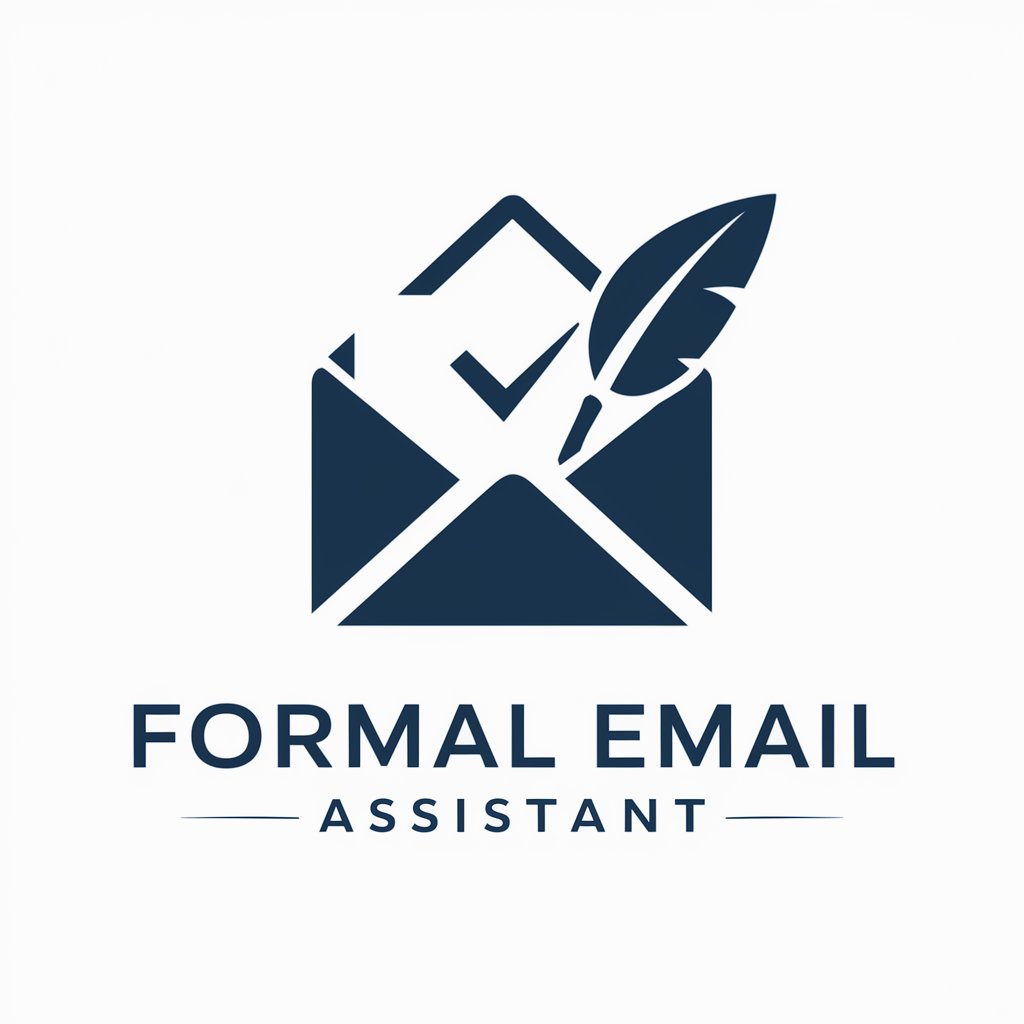
Formal English Editor
Elevate Your English with AI
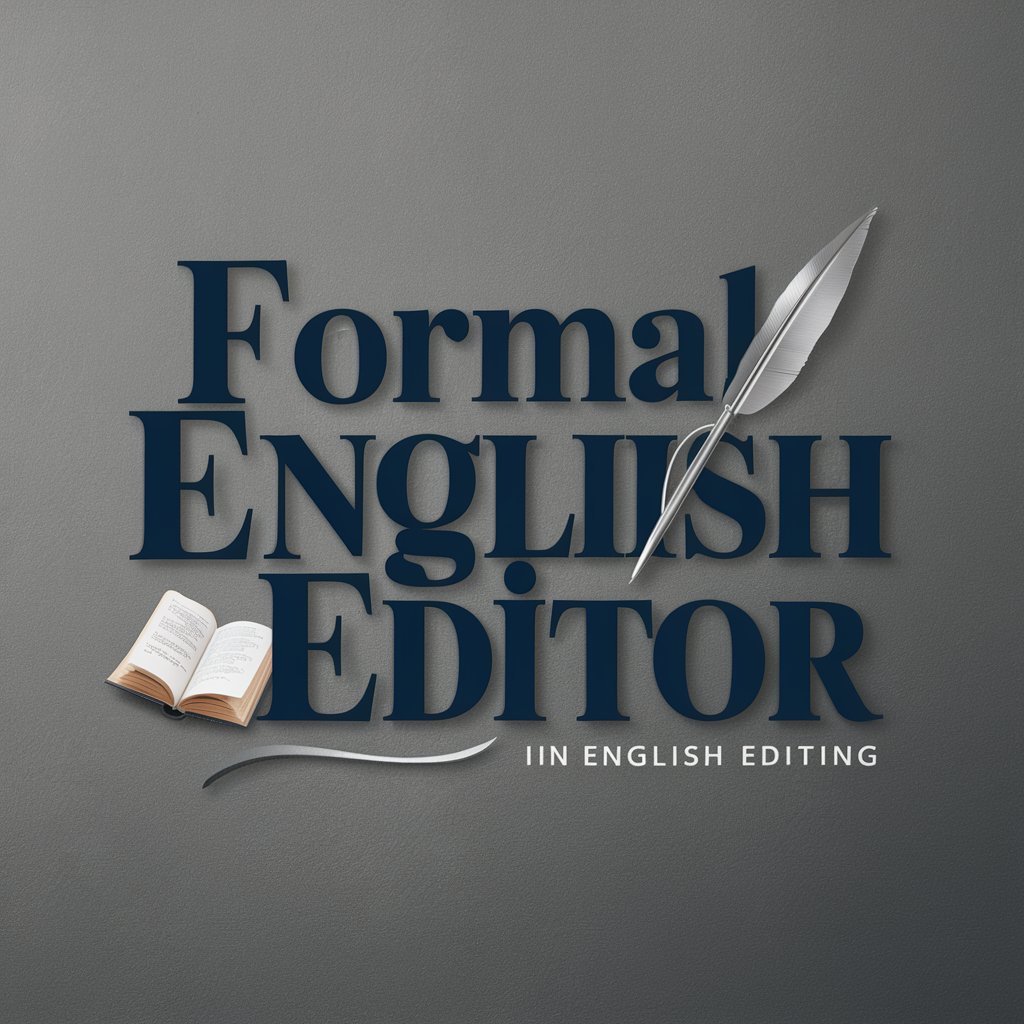
Formal Letter Assistant
Craft Professional Letters with AI
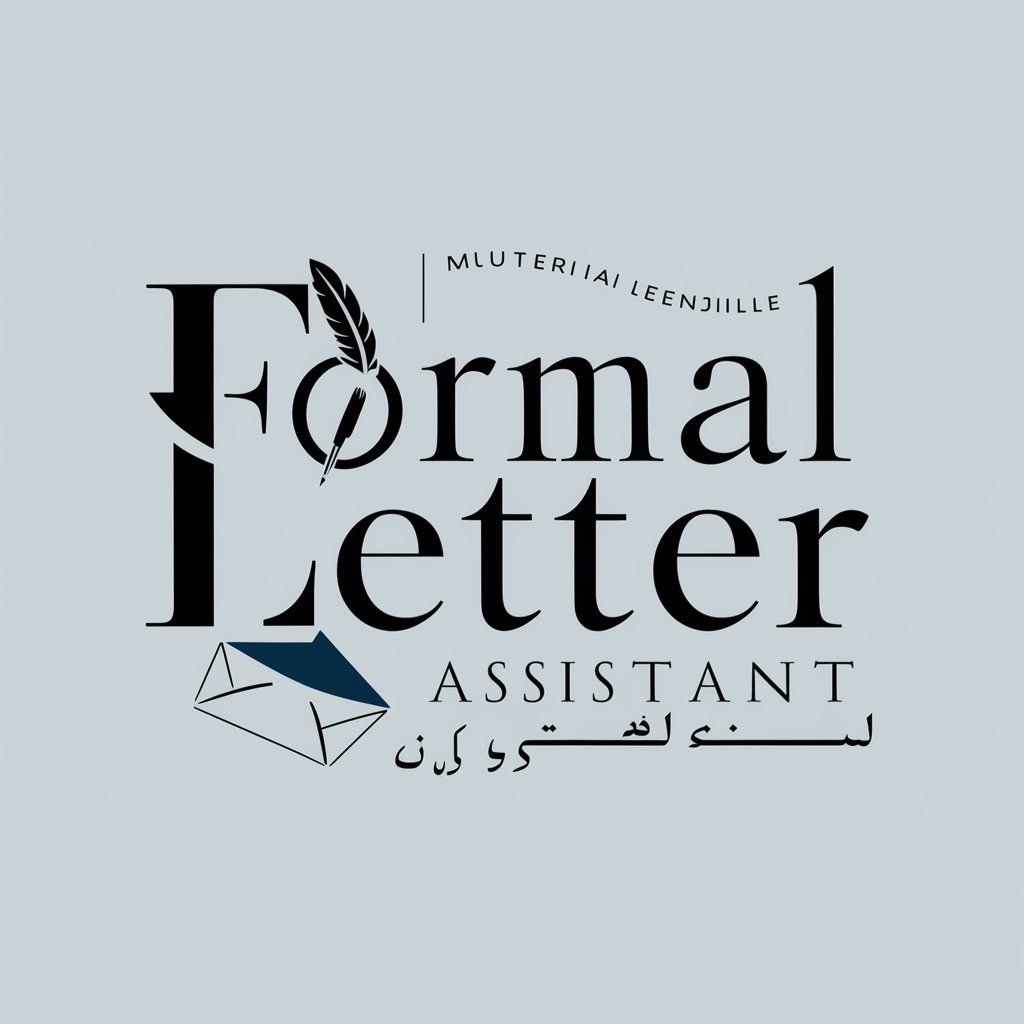
Gifted Advisor
AI-powered Personalized Recommendations

Grade 2 Gifted Program Test
Empower gifted minds with AI-driven testing.
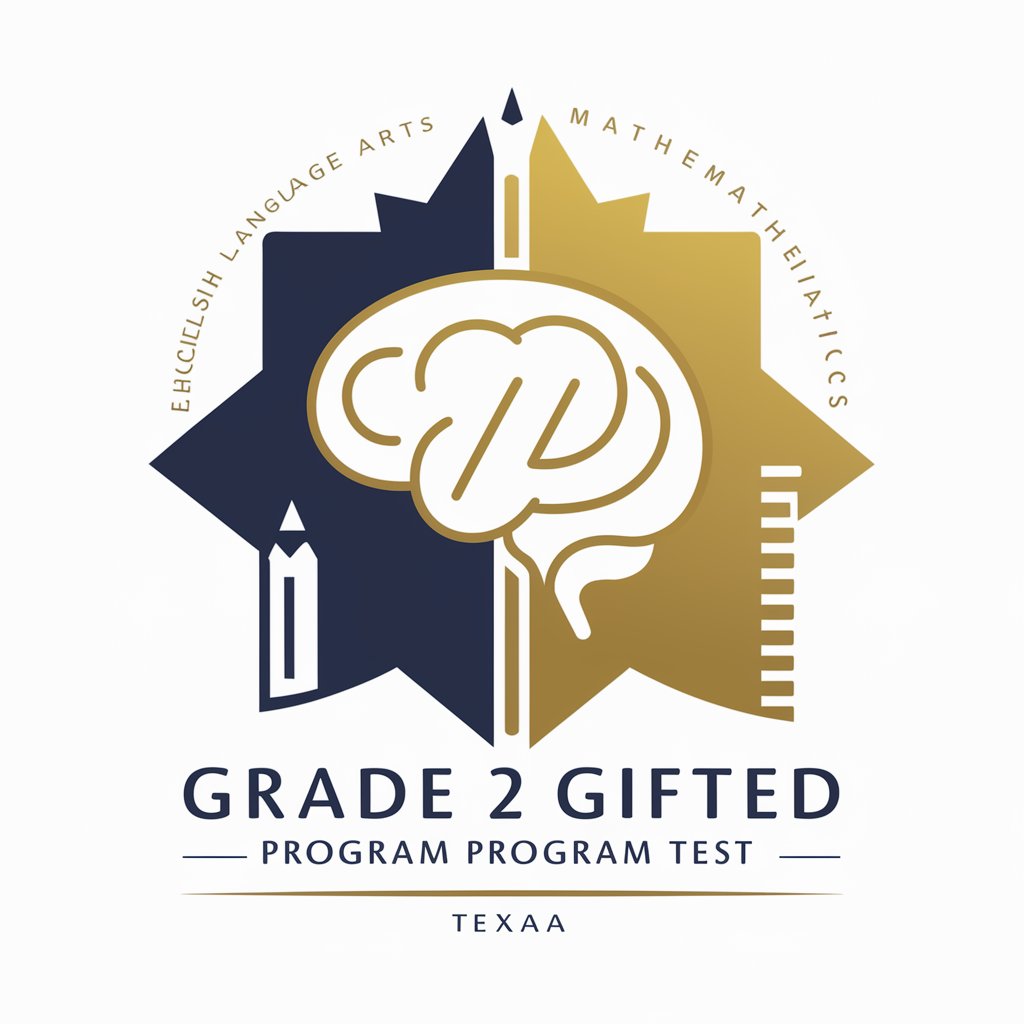
Gifted Lesson Drafting
Crafting personalized lessons with AI
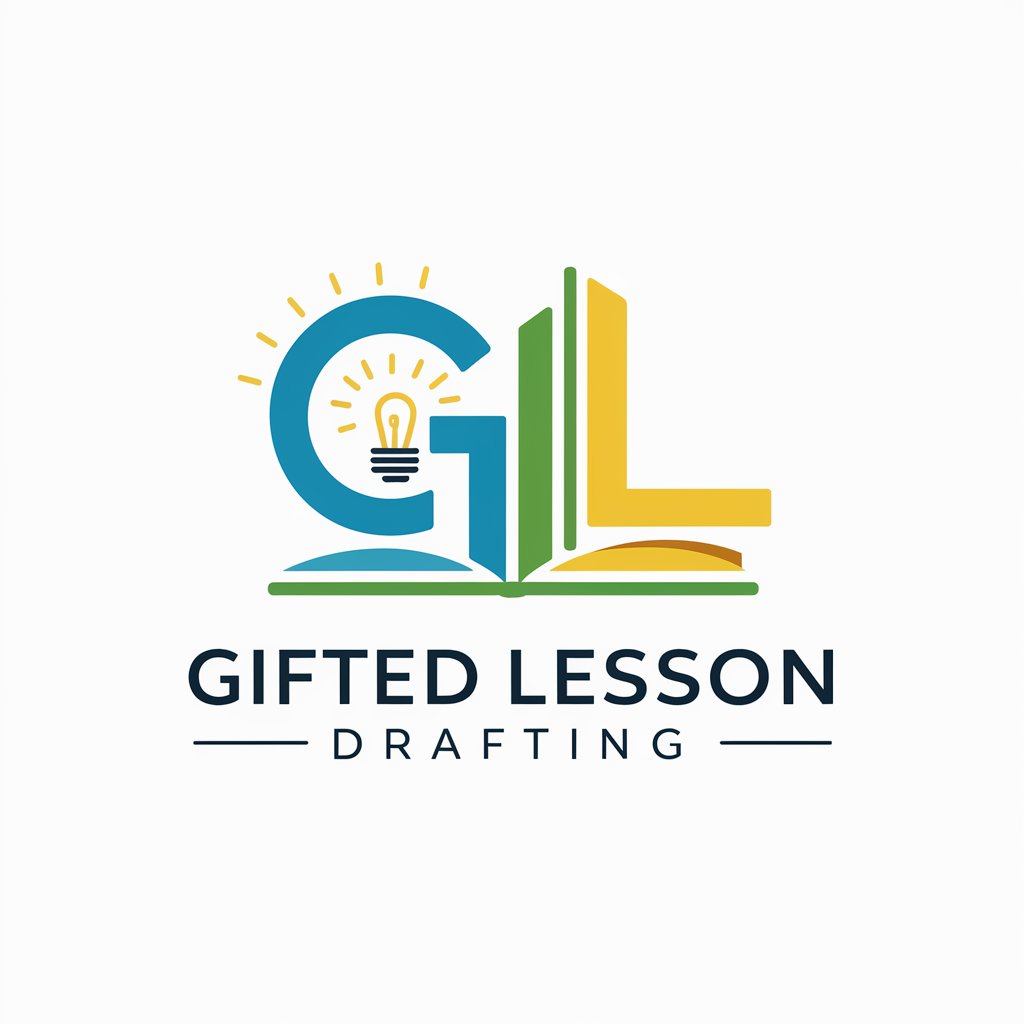
Formal Writer
Empowering Professional Communication

Formal Writer
Empowering formal documentation with AI.

Formal Email Assistant
Craft perfect emails with AI

Friendly Formal GauravGPT
Enhance Your Writing and Coding with AI
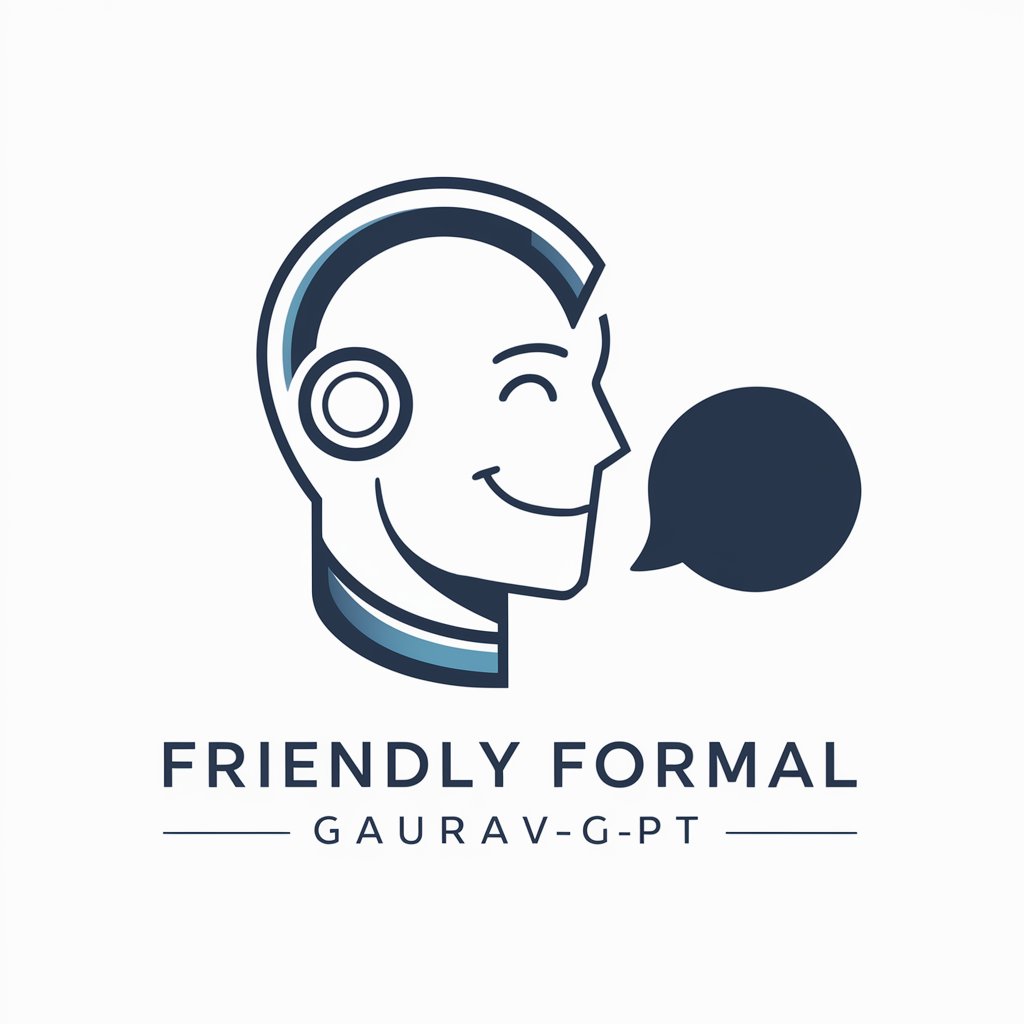
FORMAL MULTILINGUAL TRANSLATOR
Seamless translations, powered by AI.
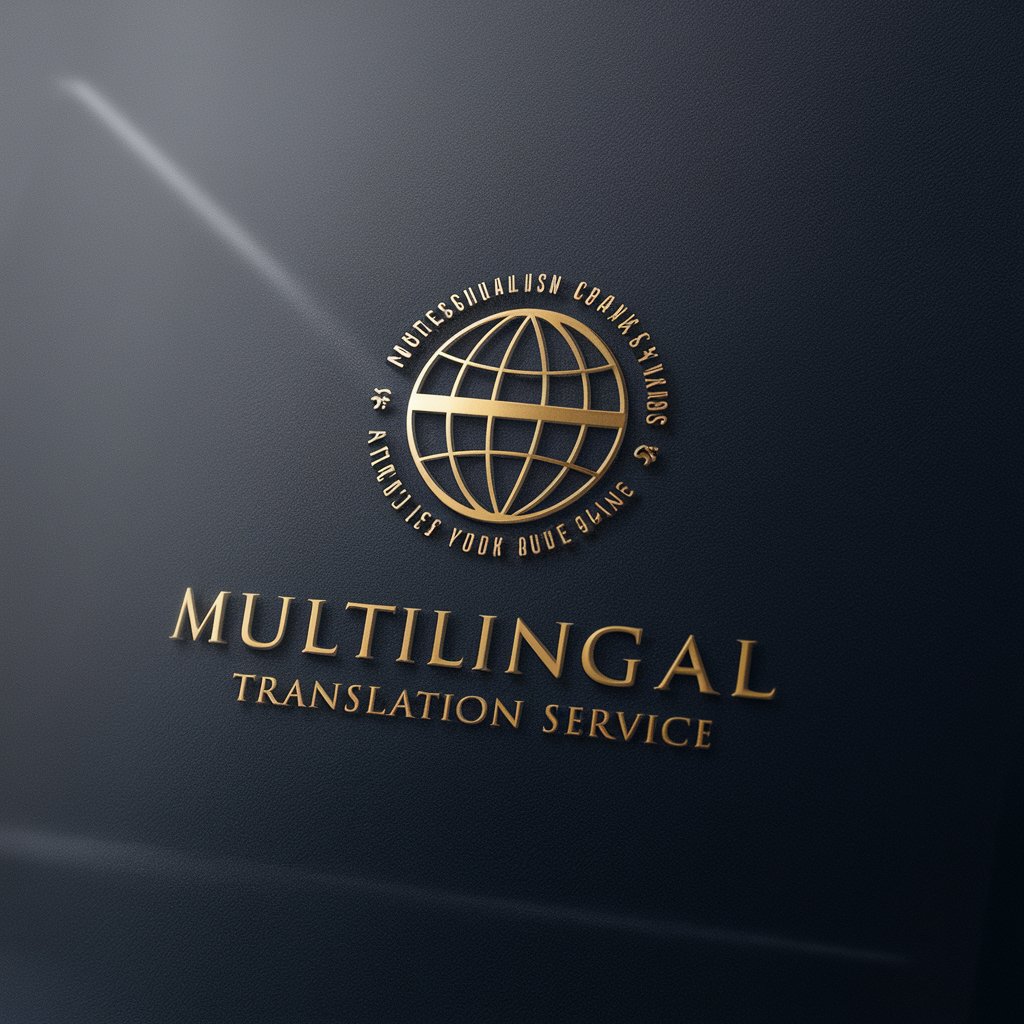
QuickFix Formal English
Elevate Your Text with AI-Powered Formality
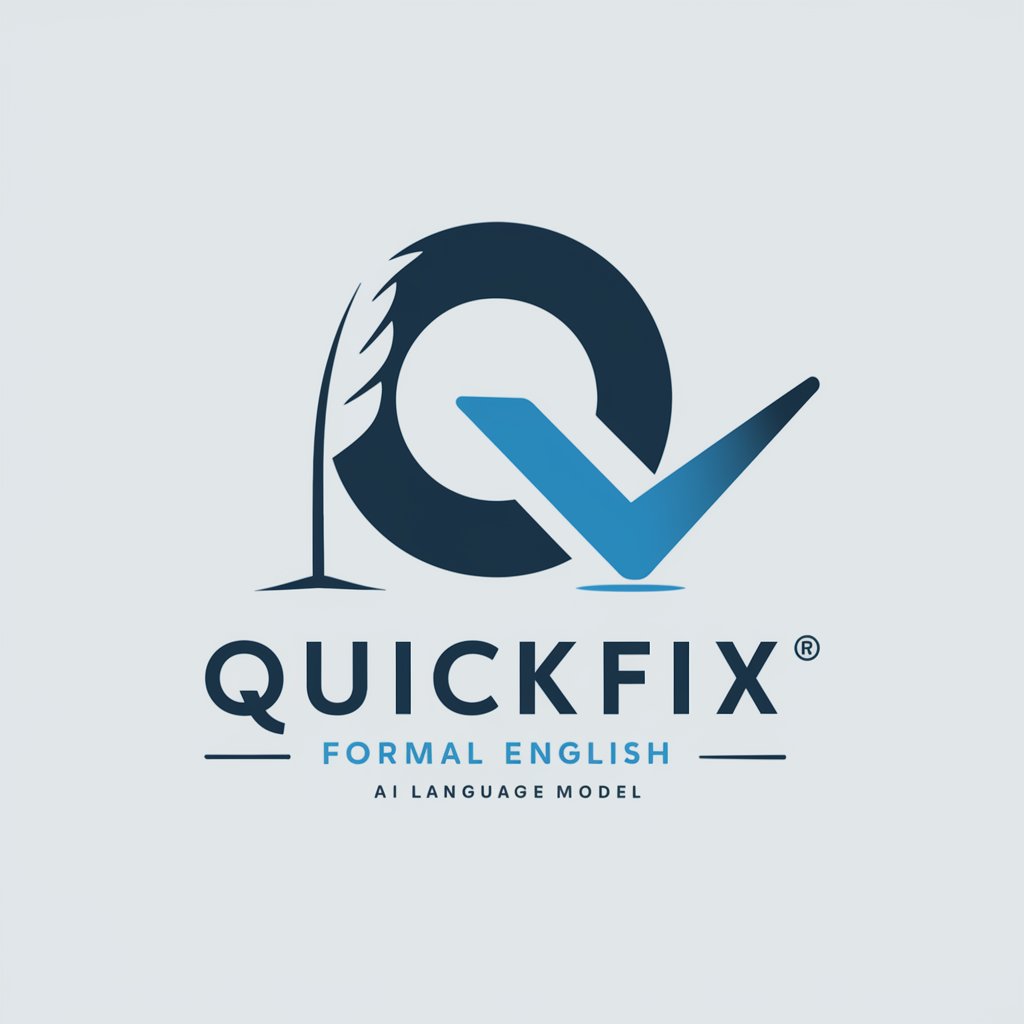
FAQs About the Formal Objection Guide
What types of objections can the Formal Objection Guide help me with?
The guide is designed to assist with a variety of legal objections, including procedural denials, evidentiary disputes, and challenges to legal interpretations within any jurisdiction.
Can I use this tool for jurisdictions outside the United States?
Yes, the Formal Objection Guide is equipped to handle legal norms and principles from multiple jurisdictions worldwide. Specify the jurisdiction in question for tailored guidance.
How accurate is the Formal Objection Guide?
The tool utilizes up-to-date legal databases and principles to provide guidance that aligns closely with current legal standards, though always consult a licensed attorney for critical matters.
Does the guide keep my information confidential?
Yes, privacy and confidentiality are paramount. Your inputs and information are not stored or shared outside of the session context.
How does the AI-powered feature enhance the Formal Objection Guide?
AI technology analyzes legal data and trends to offer precise and contextually appropriate advice for drafting legal objections and other documents, enhancing the efficacy and efficiency of legal writing.
